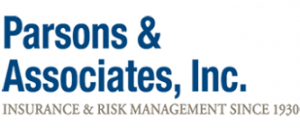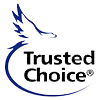Preparing clients for the premium audit
Preparing clients for the premium audit
When a premium auditor comes to your office, it is important that you are prepared with the correct documentation to ensure that the premium you pay accurately reflects the exposure-based values you incurred during the policy term (sales, payroll, etc.) Premium audits measure a business’s actual sales and operations data to determine the
final premium.
A workers’ compensation policy bills an advance premium based on projected total remuneration and employee job classifications. During the policy period, payrolls and operations may differ from the original projections, resulting in potential premium changes when the policy is audited. Sections F and G of Part five–Premium in the policy require employers to maintain all business records related to their policies and make them available during their audit. Someone with knowledge of your business operations must be present at the audit to answer questions regarding duties of all employees and other issues that may arise. Be sure to treat the auditor with respect and obtain a copy of the auditor’s worksheets.
Be prepared with the following records if you do not get specific instruction in advance from the auditor:
- General ledger—to get a general overview of operations;
- Cash book ledger—to determine applicable remuneration not reflected in payroll records;
- Payroll register—to determine the amount of gross payroll;
- Payroll tax returns (W-2, 1099)— to verify payroll amounts;
- Employee tax forms (941)— to verify annual payroll;
- Certificates of insurance—to verify coverage for subcontractors;
- Income tax returns—to verify income sources; and
- Contracts and invoices— to determine the type of work performed by you and your subcontractors.
Have questions on how to prepare for a premium audit? Give our office a call today for more information—we want to help you succeed.







